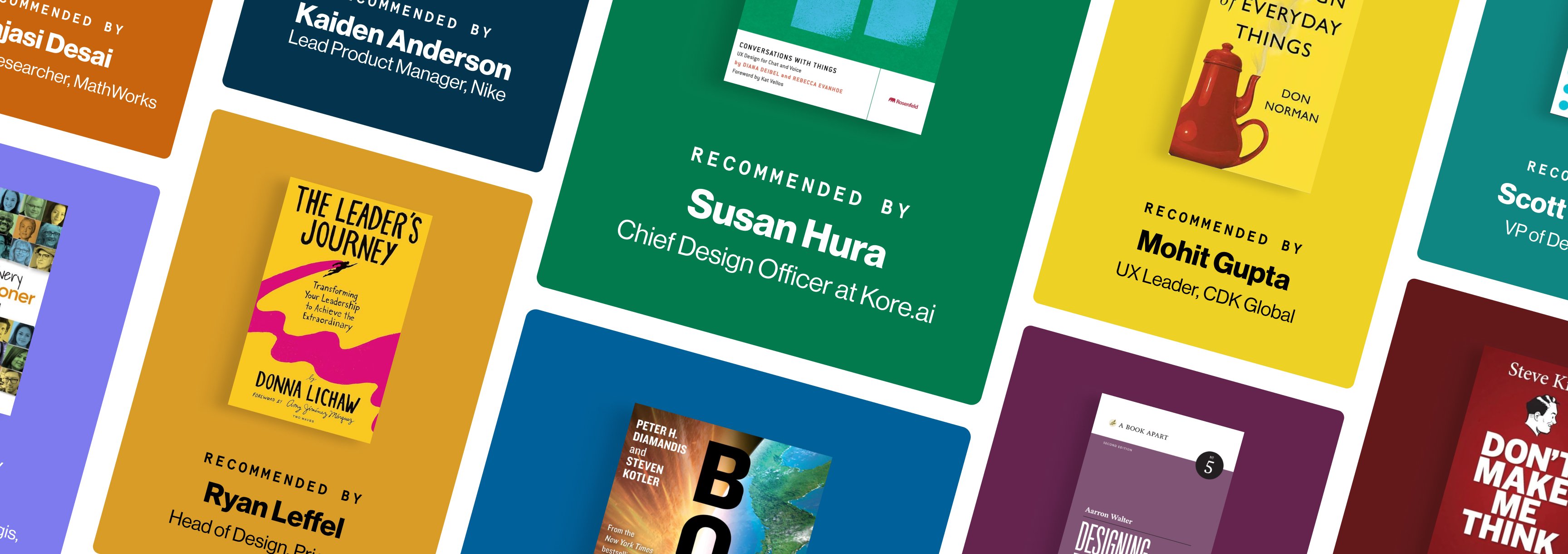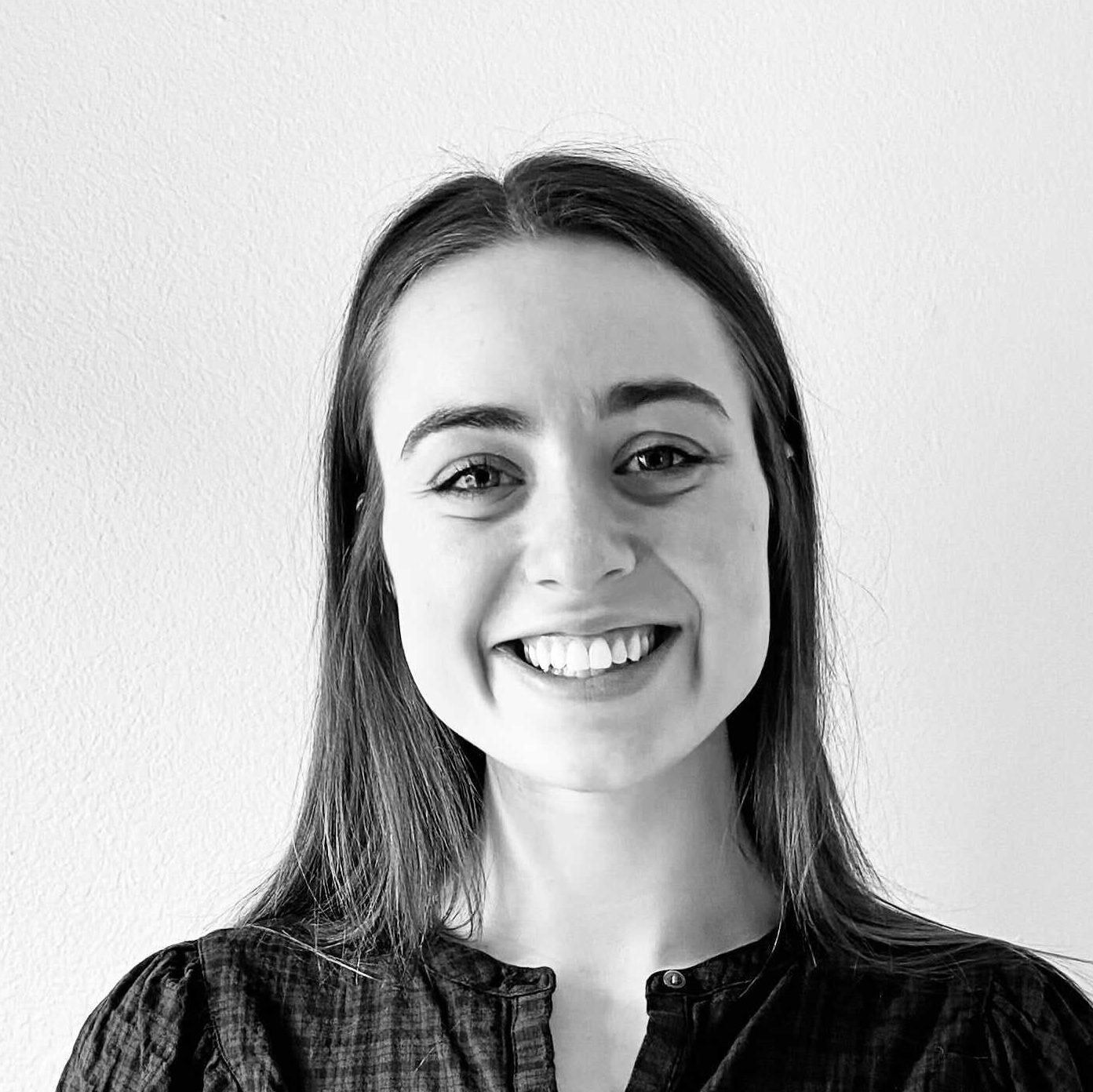
By
McKayl Barrows
If you work in UX and need a little inspiration for your reading list—we have you covered! We asked a few of our brilliant Convey speakers which inspiring and insightful books they’d recommend to UX pros eager to elevate their careers. From tactical reads to leadership blueprints, this list has top picks from UX experts across various industries.
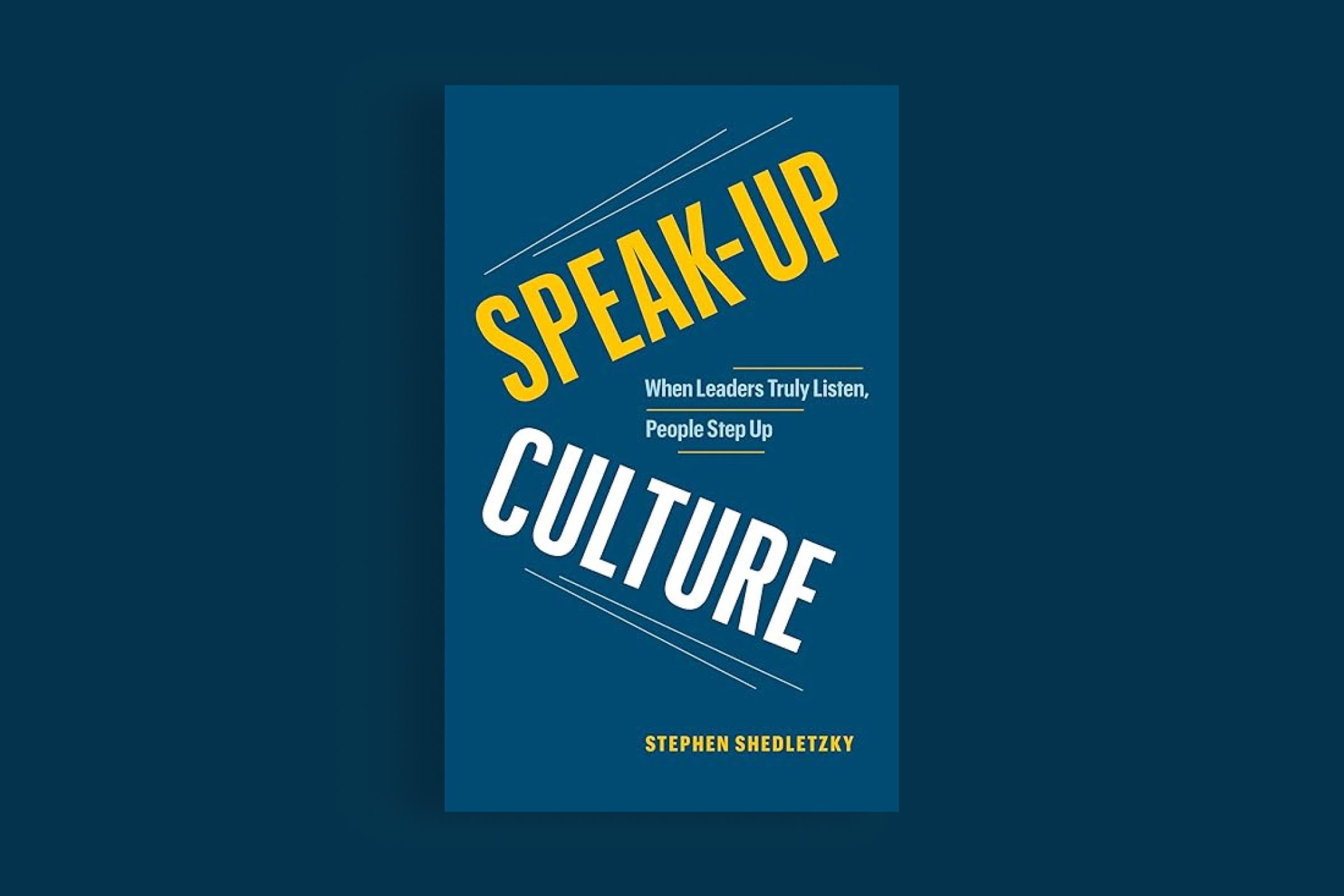
1. Speak-Up Culture: When Leaders Truly Listen, People Step Up
“I just finished the book called Speak-Up Culture. The author is Stephen Shedletzky. He’s a fantastic person who talks about psychological safety in the workplace and how you can't have purpose and belonging without feeling safe to have conversations and speak up.”
—Kaiden Anderson, Lead Product Manager at Nike
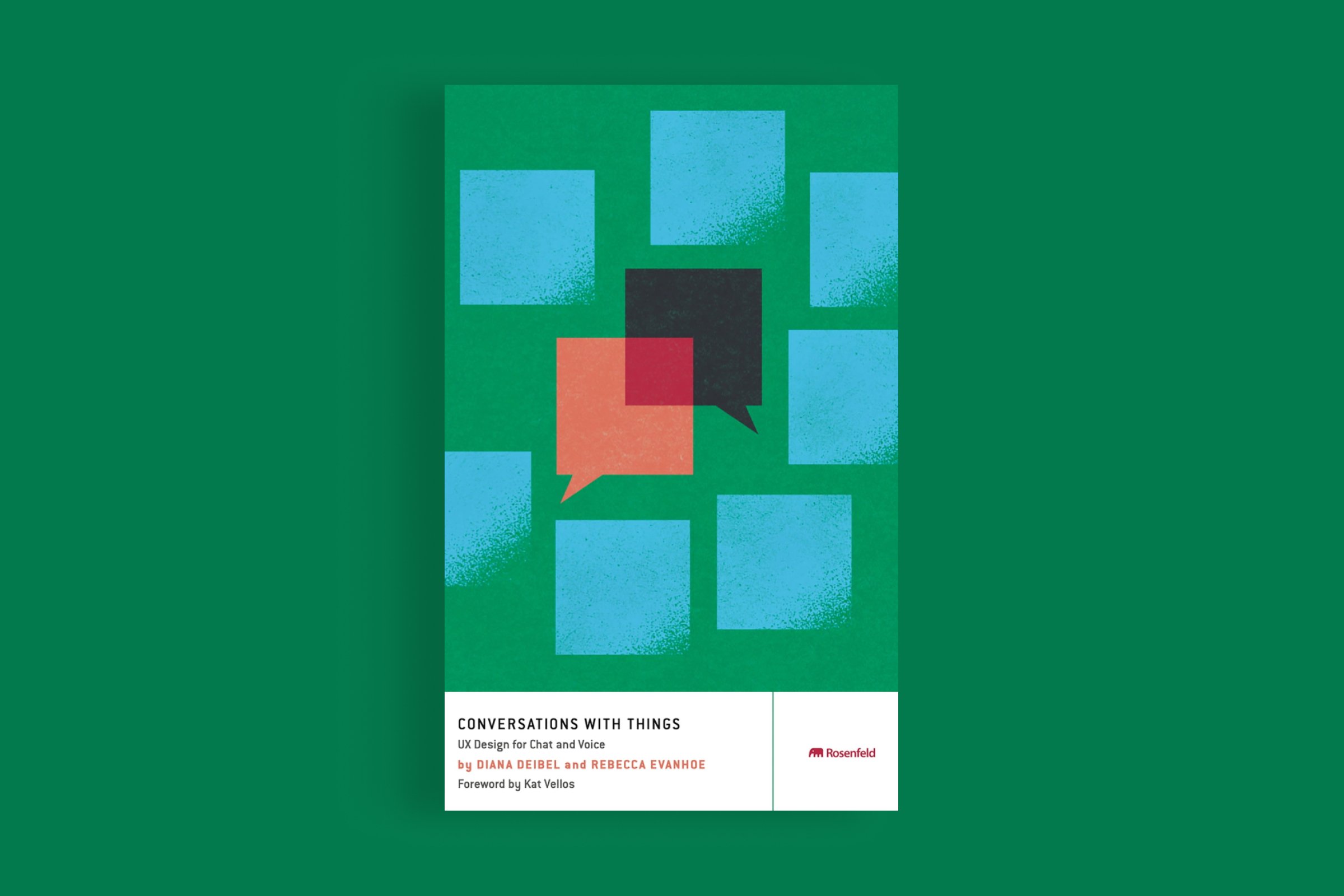
2. Conversations with Things
"Conversations with Things, by Rebecca Evanhoe and Diana Diebel. It's an easy way to jump in and learn a little about human conversation and how to design effective AI conversations.”
—Susan Hura, Chief Design Officer at Kore.ai
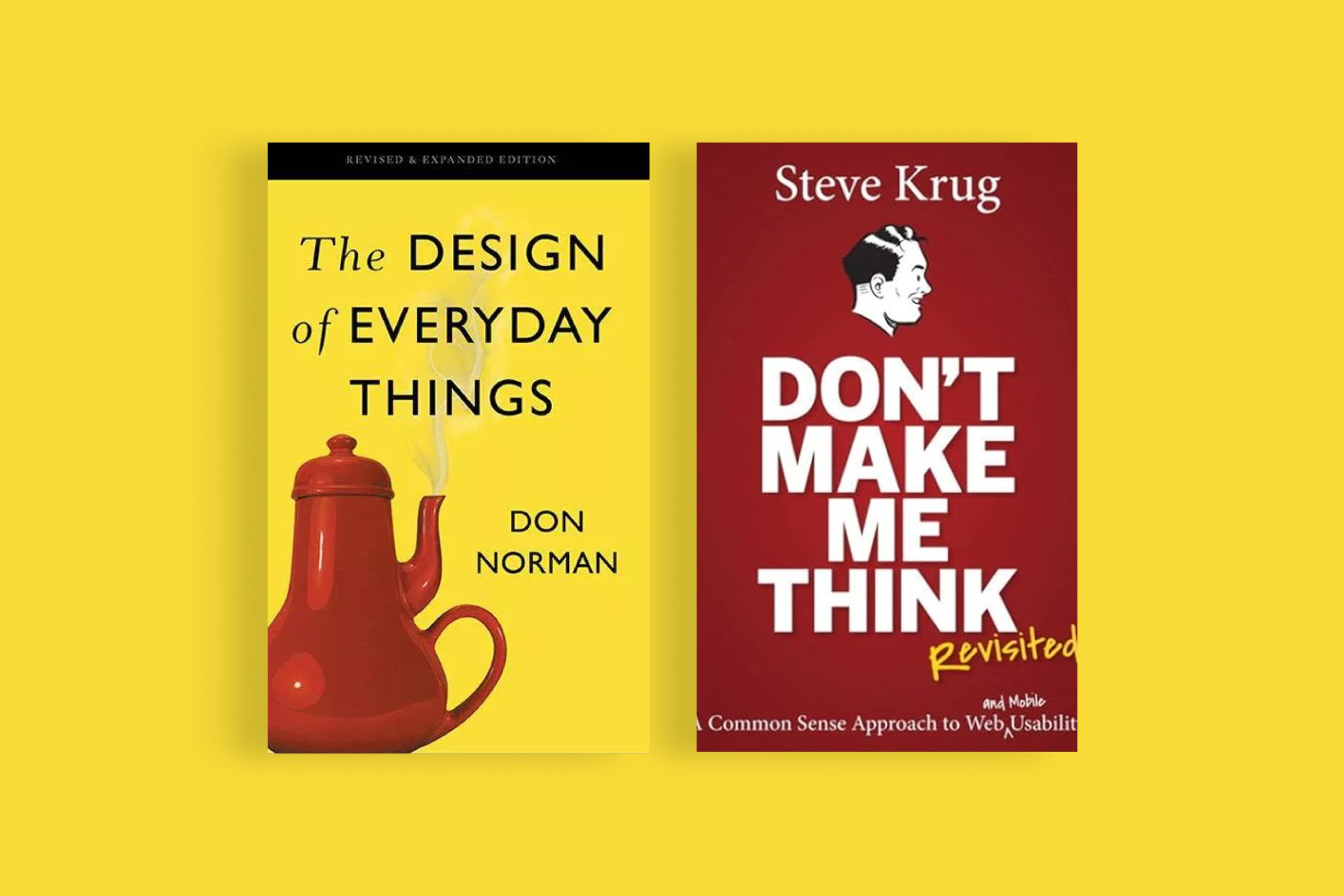
3 & 4. The Design of Everyday Things, Don't Make Me Think
“My first recommendation is The Design of Everyday Things, by Don Norman. It's a straightforward, simple read that tells you how and why you should think before designing a product. The second book, Don't Make Me Think, by Steve Krug, discusses how our subconscious works with web usability and how you can improve the UI.”
—Mohit Gupta, User Experience Leader at CDK Global
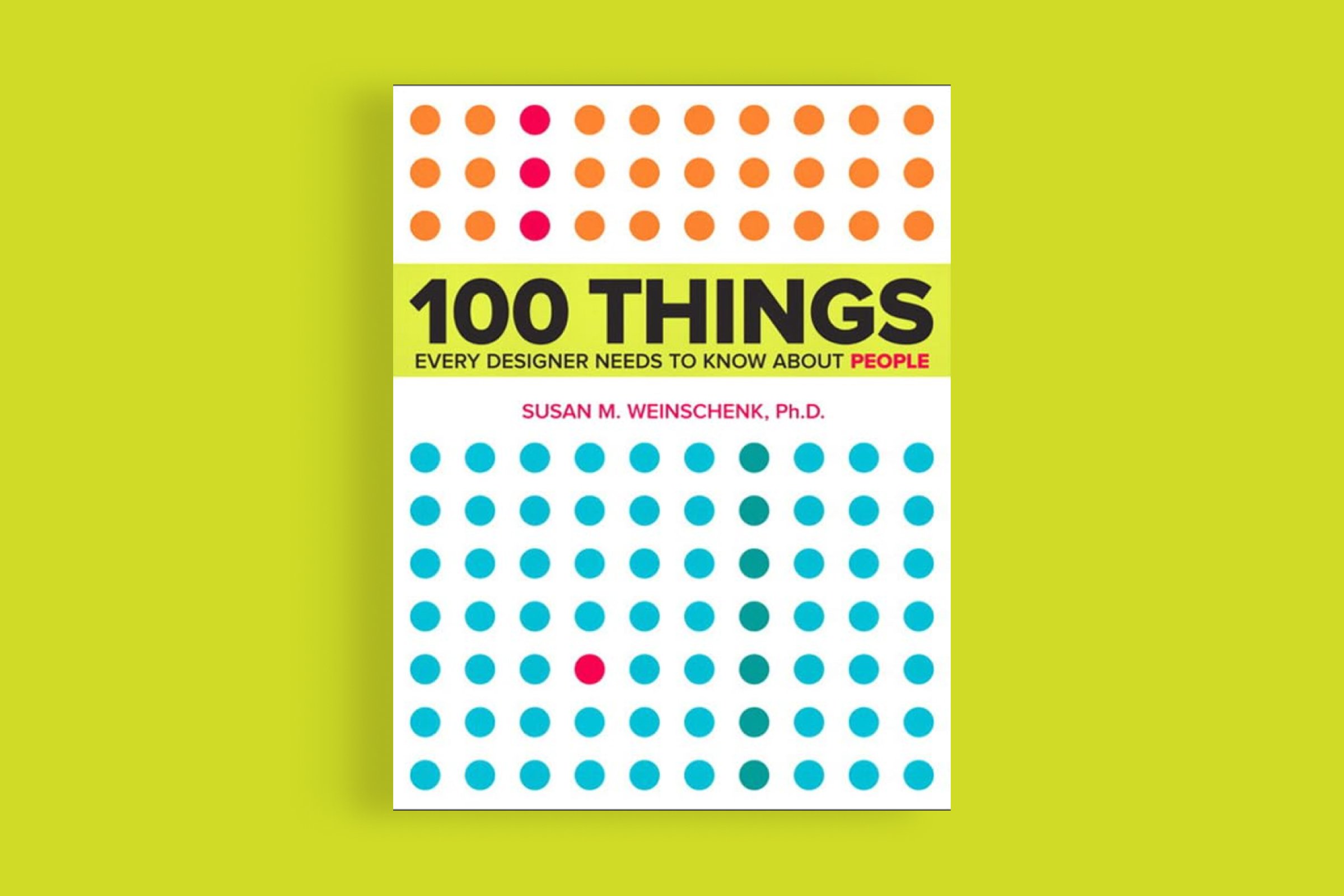
5. 100 Things Every Designer Needs to Know About People
“100 Things Every Designer Needs to Know About People has a bit of a psychology and neuroscience point of view, carefully outlining all the subjective biases people have and take to the experiences we design.”
—Scott Lambridis, VP of Design at Blink
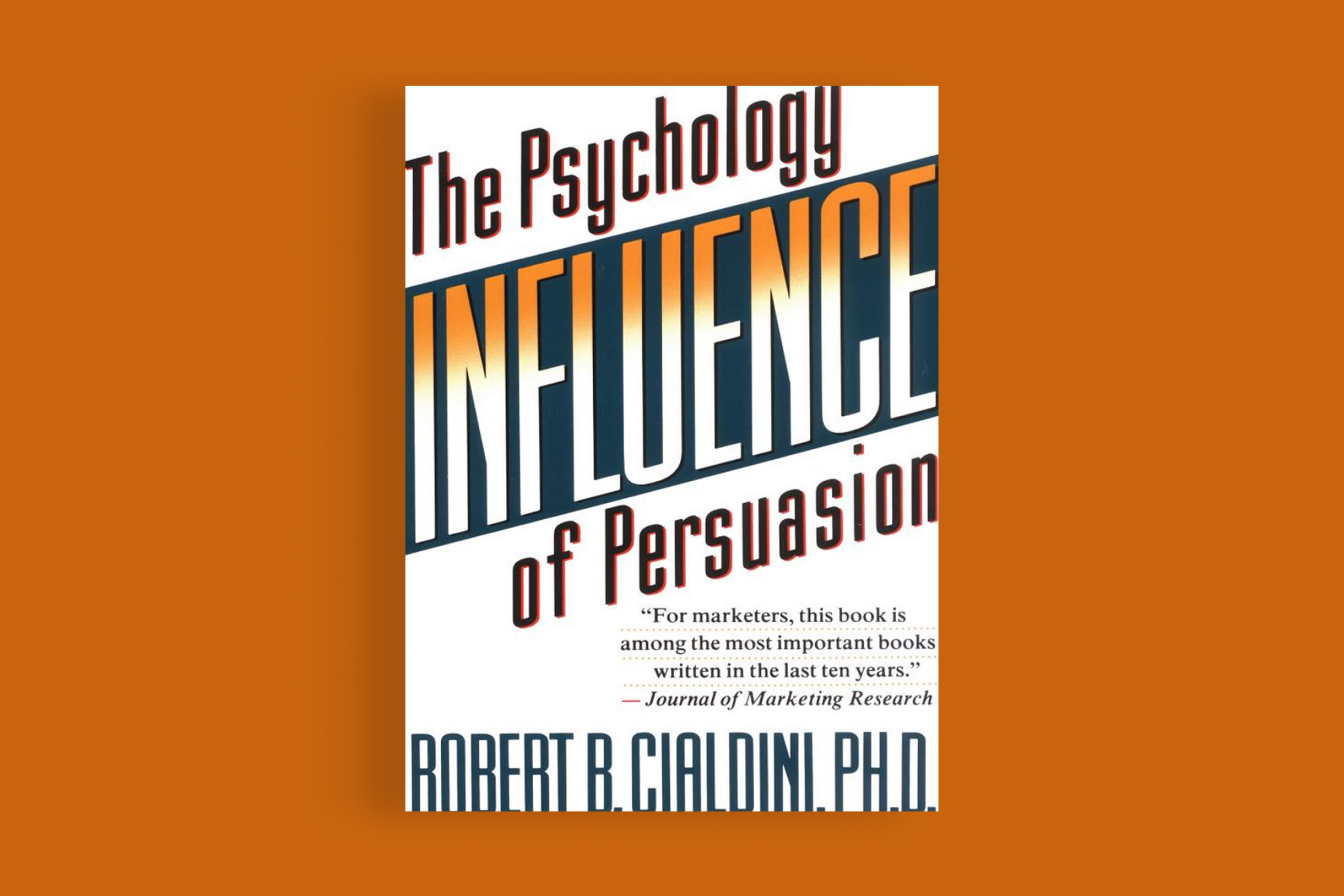
6. Influence: The Psychology of Persuasion
“I’m part of a book club at MathWorks, and we’re currently reading Influence: The Psychology of Persuasion, by Dr. Robert Cialdini. As UX professionals, we need to influence how products are designed, created, and shipped, as well as get buy-in from different stakeholders. So far, it’s been an excellent book on that front.”
—Rajasi Desai, Senior UX Researcher at MathWorks
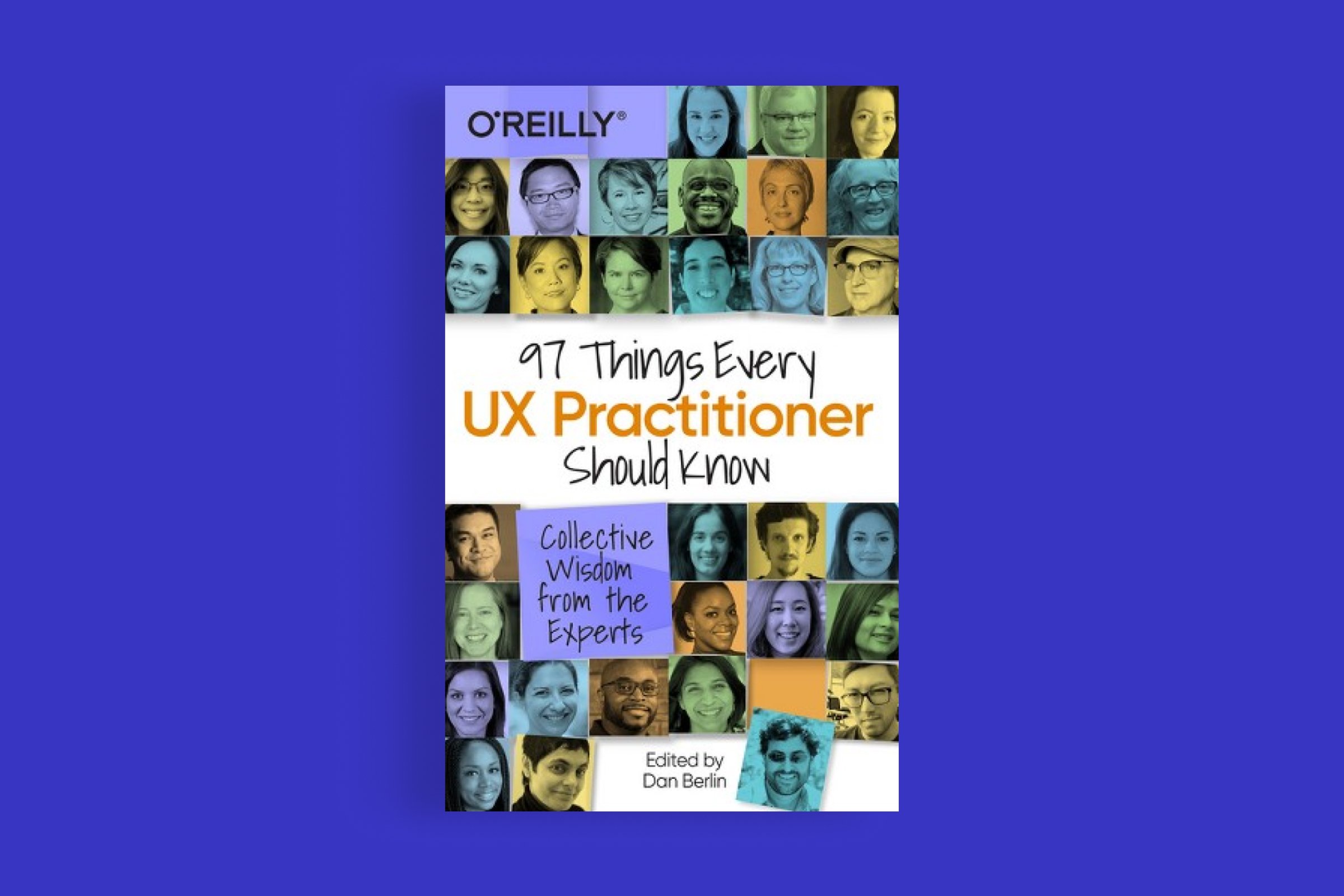
7. 97 Things Every UX Practitioner Should Know
“97 Things Every UX Practitioner Should Know, published by O'Reilly. I wrote the chapter explaining the difference between experience mapping and journey mapping and the importance of each. I highly recommend that one.”
—Darren Hood, Senior UX and CRO Strategist at EducationDynamics
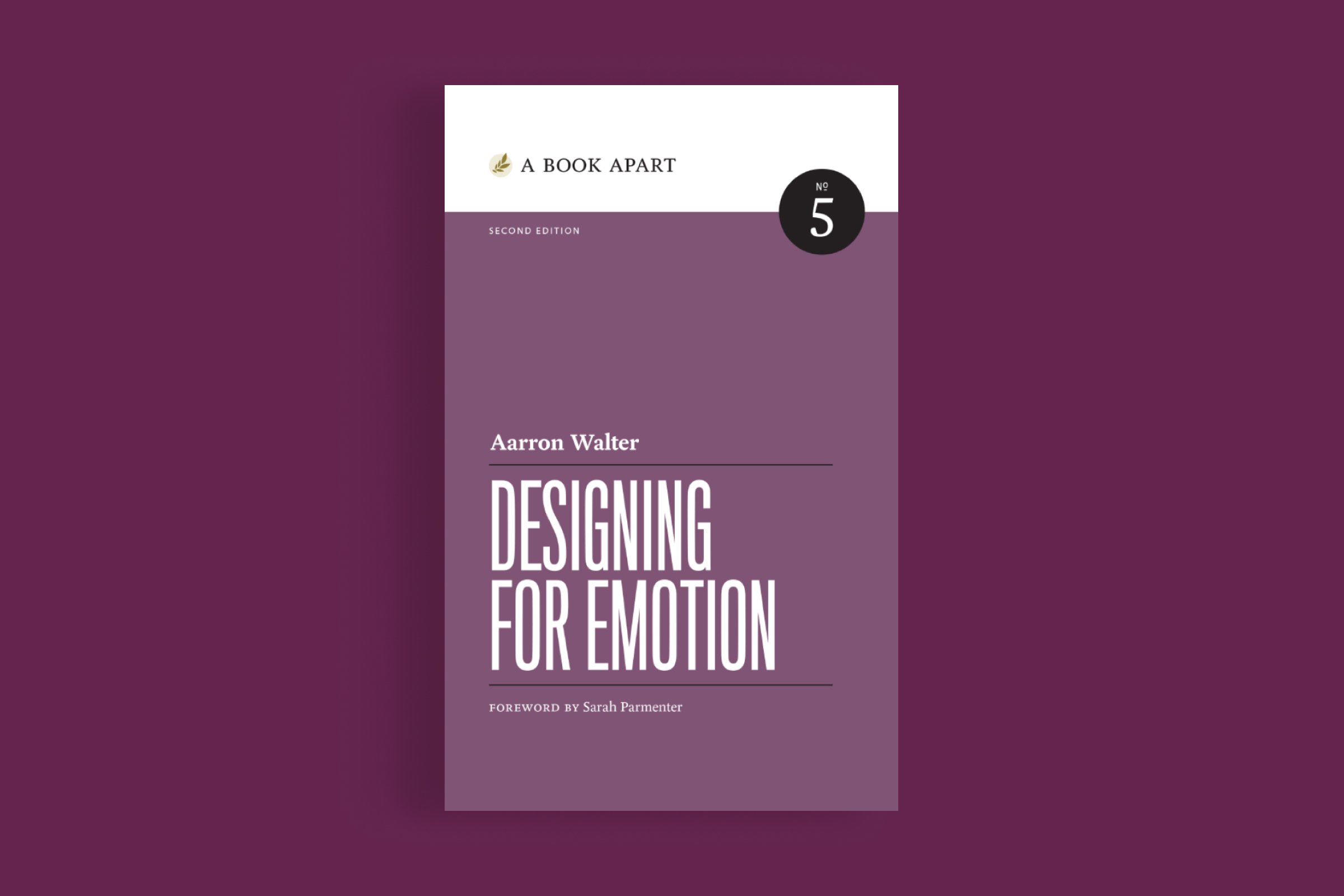
8. Designing for Emotion
“If you're interested in emotional design, I highly recommend Designing for Emotion, by Aaron Walter. He explains the meaning of emotional design and how you can integrate that into your design process in a very practical way.”
—Jean-Baptiste Kaloya, Head of Product Design at Bpifrance
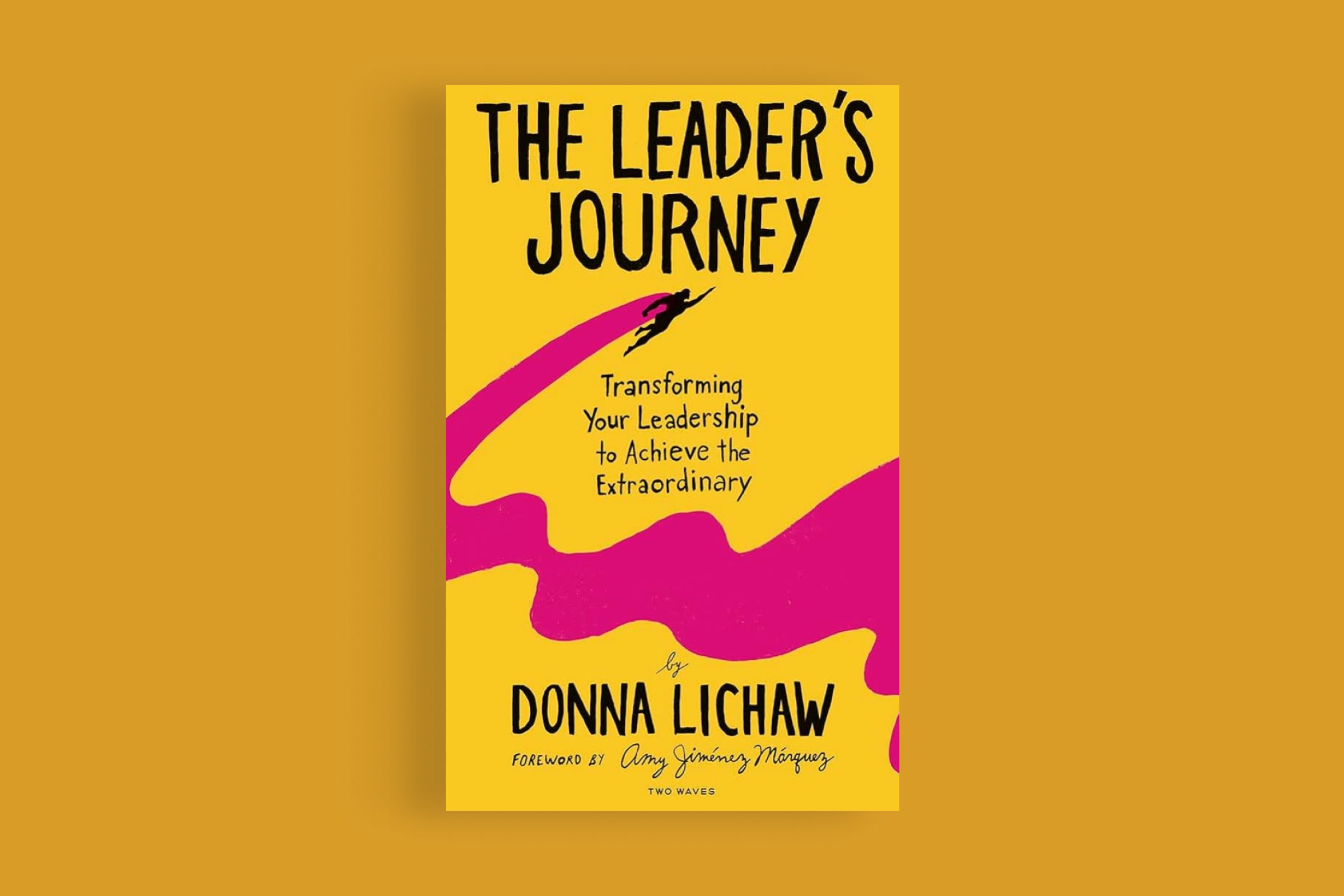
9. The Leader’s Journey: Transforming Your Leadership to Achieve the Extraordinary
“I’m finishing a book called The Leader's Journey, by Donna Lichaw, which I think has been interesting. It explains the importance of people understanding their own story, how to interpret your story, how to think about lessons you've learned along the way, and how to identify the things that you're good at, the things that you can improve on, and how to pull all of those things together.”
—Ryan Leffel, Head of Design at Priceline
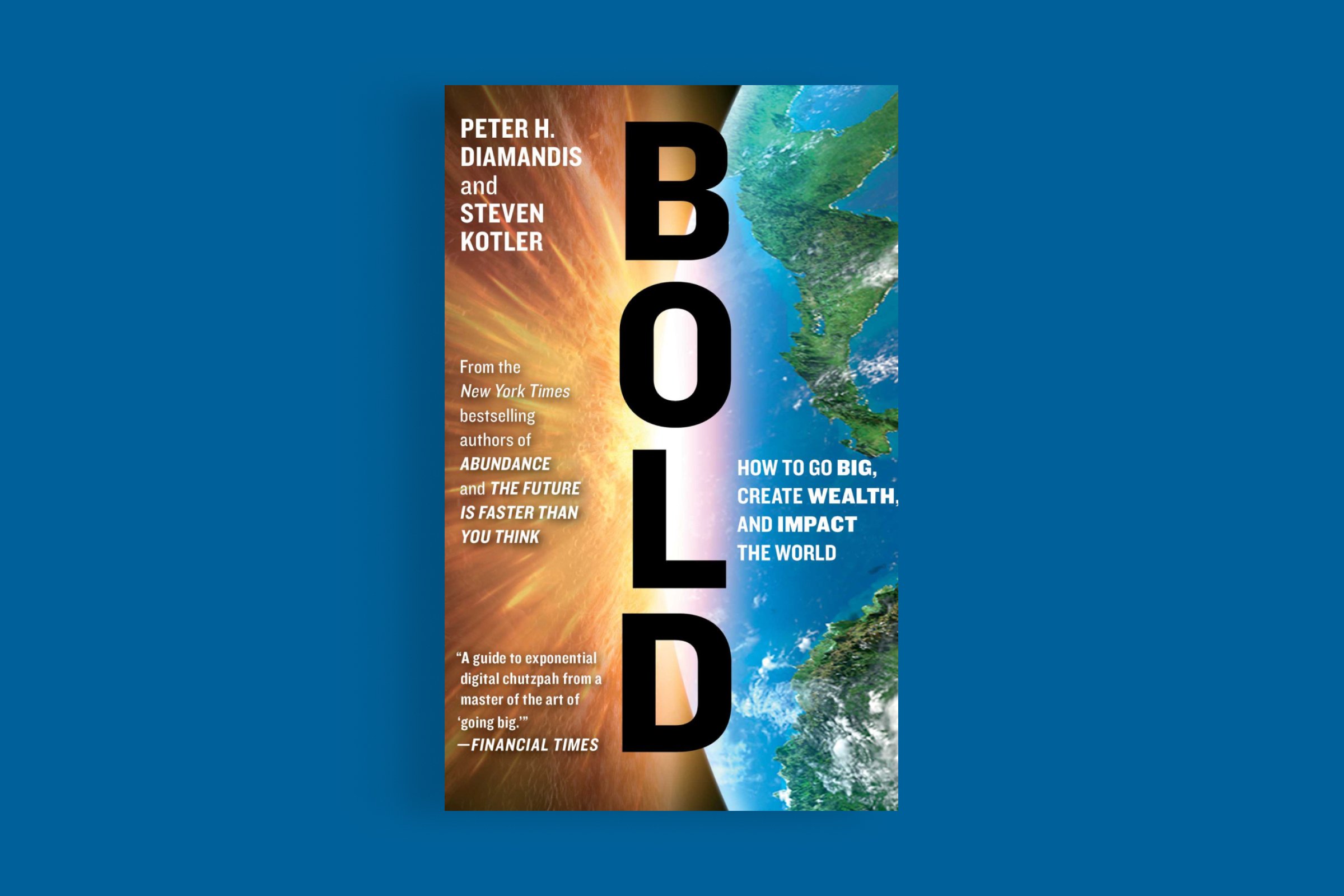
10. Bold
“I highly recommend Bold, by Peter H. Diamandis and Steven Kotler. It’s fascinating in terms of looking at the advancements in technology. If you're an AI person, it’s an excellent primer for looking at how we digest this fast-paced change and how we can contribute to it.”
—Dr. Natalie Petouhoff, CEO at Competitive Consulting Advantage


